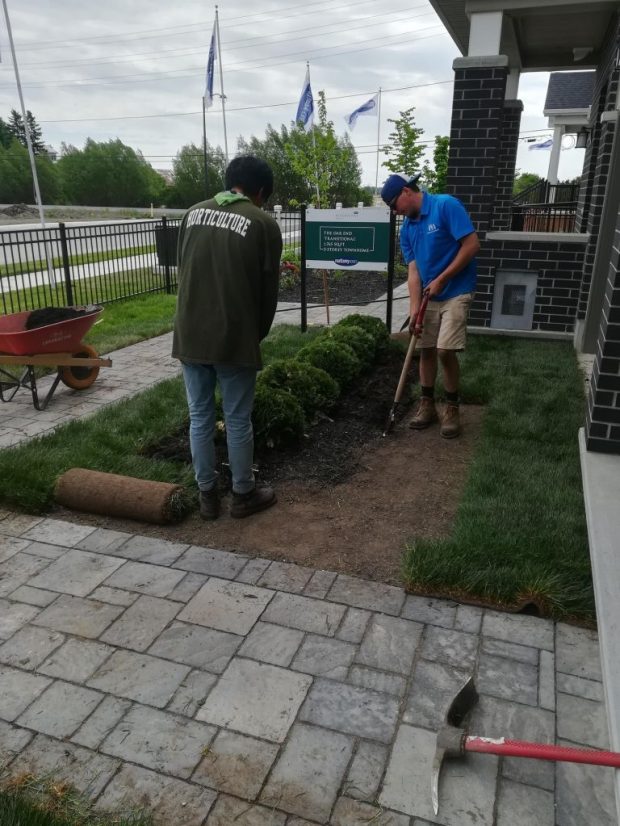Delays and postponements in co-ops and placements amidst the pandemic have caused worry and fear among students about their future.
Algonquin College is recognized for its high placement rates and the widely held co-op programs which provide students with mandatory hands-on work experience.
“In the 2019-20 academic year, we had over 1,300 co-op work-terms. This includes Fall 2019, Winter 2020, and Summer 2020,” said David Hall, manager of co-operative education.
As COVID-19 caused a worldwide uproar, it didn’t take long for the pandemic to impact postsecondary students from its wrath. According to Statistics Canada, a crowdsourcing initiative found out that about one-third, 35 per cent, of all participants faced cancellation or postponement of their work-integrated learning.
“As of May 21, 139 students have had their co-op work-term offer cancelled by their employers,” said Hall. “Although, during these unprecedented times, we also have 220 students who received co-op work-term job offers,” he said.
Pruthvi Desai, a construction engineering technician student at Algonquin, had paid to get into the college’s co-op program. He said, “I lost four weeks of my four-month-long co-op.”
“I got interviews from 10 different companies between February and March, but didn’t hear back from any of them due to COVID-19,” he said.
Meanwhile, seasonal workers like horticulturists weren’t affected considerably by the pandemic.
Kishan Prajapati, a horticulture student at Algonquin, suffered a delay of two and a half weeks. However, he said, the hours or pay weren’t affected by the virus.
“My co-op was delayed thrice but I was informed at least three days before the start date,” said Prajapati.
To help the students take a sigh of relief, the college has extended the start date for co-op work-terms by two months.
It was not just the co-ops that were affected; the global pandemic has also derailed the placements of several students.
Daniel White’s winter placement at a community centre was put to a halt due to Coronavirus.
White, a recreation and leisure service student at Algonquin, had to complete 46 hours before his winter semester ended. But due to the pandemic, he still has 16 hours left to complete.
“The organization is closed at the moment. I’ll have to look elsewhere to finish the required hours,” said White.
“Our professors have been supportive during these tough times. They have ensured that every student will get an opportunity to complete the required hours,” he said.
Presently, White is supported by CERB and plans to complete his placement hours at a golf course located in Aylmer, Que.
Not every student was lucky enough to get financial assistance. Desai, an international student, could not claim the benefits of government funds, putting him under financial strain.
Desai said: “I dedicated the entire September concentrating on my co-op term. I also worked lesser to focus more on interviews for the co-op.”
“My goals for summer went down the drain! I had to use my savings, which included my fees for next semester. I was also planning to get a car by working a little extra in the summer but it’s all a dream now,” he said.
Algonquin College made numerous strategies as soon as the pandemic spread to Ottawa.
“The workload of our co-op advisers has increased to 89 per cent since the beginning of the pandemic. We have added regular student FAQ sessions through Zoom where students can ask questions and get quick answers,” said Hall.
The college is also amending rules to reduce pressure. Students who don’t find work for summer 2020 will still have a chance at a co-op, rather than being removed, which was the traditional rule before Coronavirus.
The co-op department has also planned for ‘replacement work-terms’ before graduation of the affected students.
Students can seek help from Student Support Services. Keeping an eye on college e-mail and HireAC for updates is beneficial.
You can refer to the co-op COVID-19 FAQs at https://www.algonquincollege.com/coop/co-op-covid-19-faqs/



